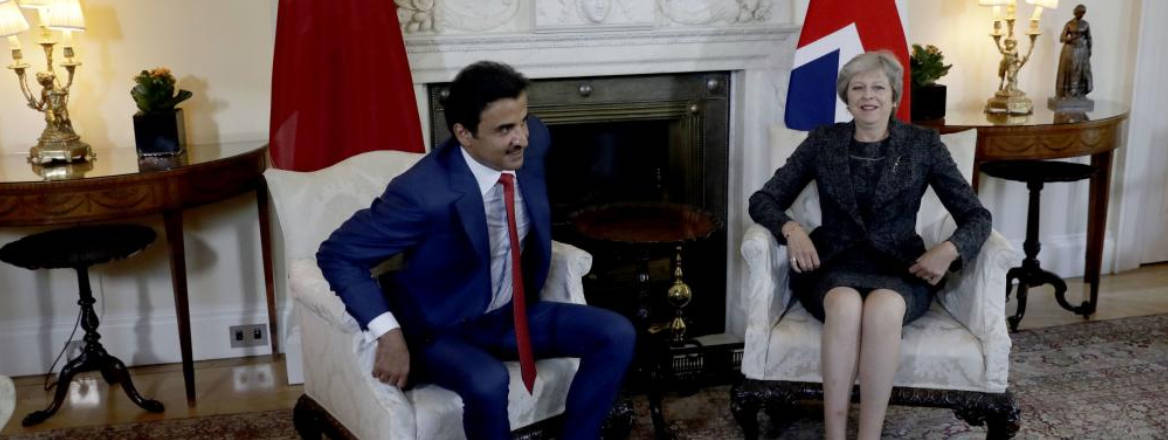How Threat Actors are Manipulating the British Information Environment
Daniel Dobrowolski David V Gioe and Alicia Wanless
17 June 2020Long Read
The UK needs to update its regulatory approach to respond to emerging threats in the information environment.

